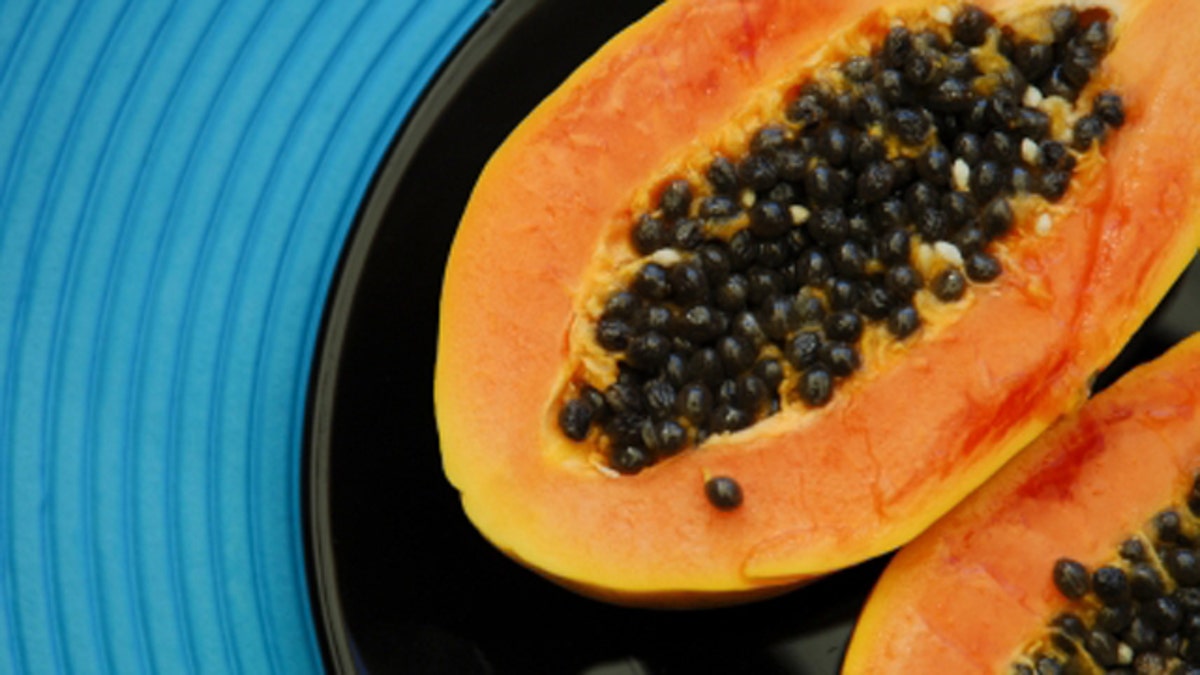
(iStock)
Health regulators said they will block all Mexican papayas at the border unless importers can prove they are not contaminated with salmonella, following an outbreak of the foodborne illness that sickened 100 people.
The Food and Drug Administration said on Thursday the outbreak, which spread to 23 U.S. states, was linked to fresh papayas from nearly all the major papaya-growing regions in Mexico.
From May to August, 15.6 percent of the Mexican papayas the FDA inspected were contaminated with salmonella.
U.S. and Mexican officials are working together to find the cause of the outbreak, and improve food safety and testing for salmonella in the future.
"I am confident that this joint effort will reduce the risk of contamination of produce moving across our common border," said Enrique Sanchez Cruz, director in chief of SENASICA, the national public health body in Mexico.
The move follows a July recall from Texas-based Agromod Produce, which distributes Mexican papayas across the United States and to Canada.
Salmonella infection commonly causes diarrhea, fever and abdominal cramps in the first few days after eating a contaminated product.
The infection is the most common U.S. foodborne illness and continues to strike the country as often as it did 15 years ago, linked to contaminated meats, produce and processed foods. Last year it caused nearly 2,300 hospitalizations and 29 deaths. One outbreak led to a recall of nearly half a billion eggs.
